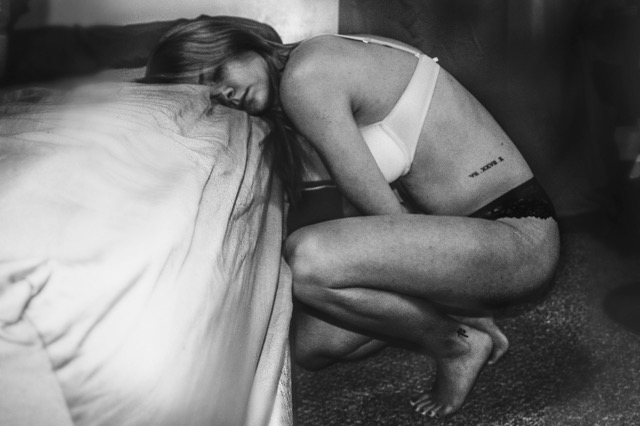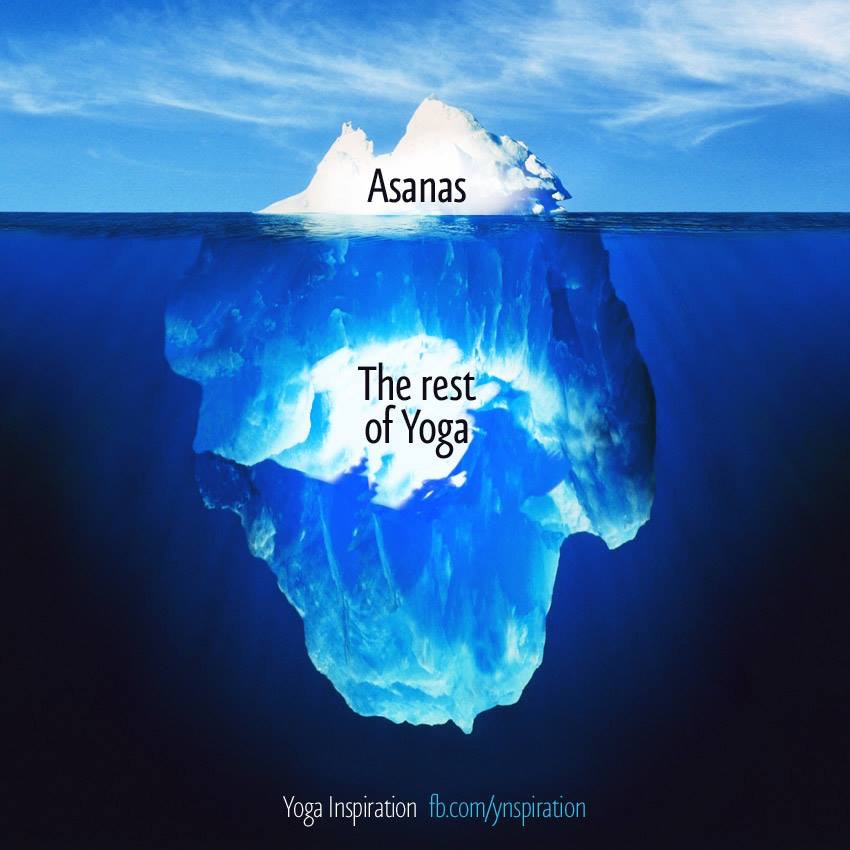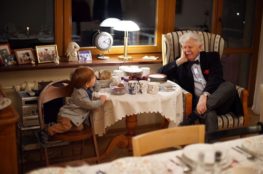As the chemotherapy treatment ends to our relief, we are usually in
I remember my initial visit with radiologist. First she asked me few questions and then she kept talking to me… She probably wanted to infuse me with maximum amount of information because she talked so fast that my chemo brain simply switched off. I stopped registering what she was saying. Instead I had a feeling that I am sitting in front of machine gun spitting the words at me – noises that I wasn’t able to connect into sensible sentences. So I sat there just looking at her and didn’t even try to break this cacophony. I am sure she didn’t realize that my chemo brain is not efficient enough to register all she wanted to convey to me.

I was to have 28 radiation sessions, which became a different challenge. From now on – for the duration of radiation (usually twenty odd days) we are to visit hospital on daily basis. The treatment itself is short and painless but the trips to hospital and waiting in line become more and more difficult.
We may not have family member able to drive us every day. So either we rely on public transport or if we are lucky the local cancer society provides volunteers to drive us from and to home. This means more waiting as usually several patients are carpooling and we have to wait for them to finish treatment. This way at least half of the day we spend in hospital, day after day, coming back home exhausted.
Once again, almost unnoticeably, the extreme fatigue creeps into our lives as we proceed. In few days we dread having to spend another half a day in hospital, waiting before and after few minutes of treatment. And somehow it feels like the life energy is being sucked out of us. I remember at the end of treatment not being able to walk 50 meters, not mention one flight of stairs.

The extreme exhaustion marches hand in hand with mental weariness. One really feels like a victim and the treatment by the doctors usually doesn’t help at all. I remember my radiologist (the same machine gun) insisting on seeing me every week. Spending extra time in the hospital waiting for doctor’s appointment was simply too much for me. By mid point of radiation I for 1 hr activity I had to rest for 2 hours. Since I had no other side effects of radiation, no burned or inflamed skin I explained to her that there is no need for her to see me every week. She would have none of that – “I will make an appointment for you anyway” she said “I must see you every week”.
HUH?!
Finally the end of traditional treatment came to the end and I found myself in front of my oncologist. I was depressed, exhausted, barely able to function with my brain hiding somewhere behind a think fog. I was hoping that I will hear something uplifting.
“The treatments went well – I heard – and we did everything we could. Now you can go and live your life!” I heard.
I sat there looking at my doctor thinking “Life? What life?! This is not a life, not even existence!!!” I felt totally abandoned and discarded. The life I lived in last 12 months was based on pure survival in the name of killing the C. This ordeal, caused by my doctors, left me almost completely mentally and physically incapacitated. And all I heard was – “Go and live your life” as my present condition was completely ignored.

When patients undergo open heart operation they have access to long rehabilitation programs helping them to heal quickly. The oncology health system, once the treatments are finished, does not suggest next steps nor does it provide any aftercare.
There is no information offered on how to deal with side effects and what would be useful to speed up the recovery. Consequently in most cases patients are left to their own devices at the time when they are most vulnerable and need support the most.
This is where yoga therapy picks up and shines. It deals with every person individually. With skillful yoga therapist the patient is empowered with self-care yogic tools. Now s/he is able to influence the way s/he feels.

Using asanas (body postures), breath and awareness, yoga therapy will move the body out of a long-term inactivity. It will establish a close connection between mind and body. The life then becomes fuller and experienced on deeper levels. The fatigue decreases.
Other yogic tools like meditation, yoga nidra and chanting will help to develop mental stillness and emotional calm. The depression, anxiety and anger lifts and the outlook on life changes. With time, the “spring in the step” and “spark in the eye” returns.
Most importantly though skillful yoga therapist will choose and modify yogic practices to patient’s physical and mental limitations, taking into account also the type and stage of cancer. This makes the therapy highly individualized and most effective for every patient.




